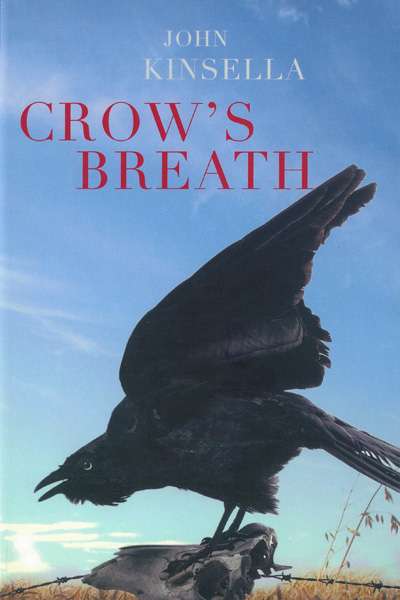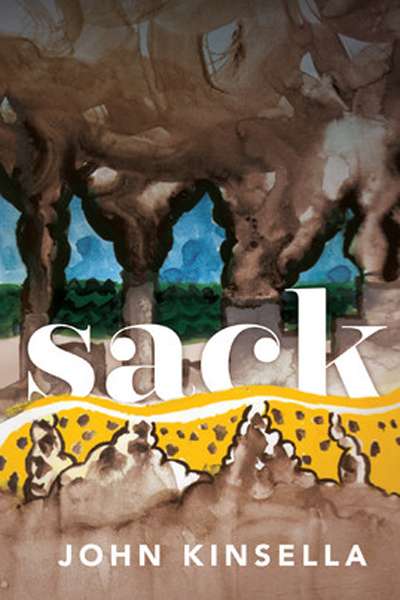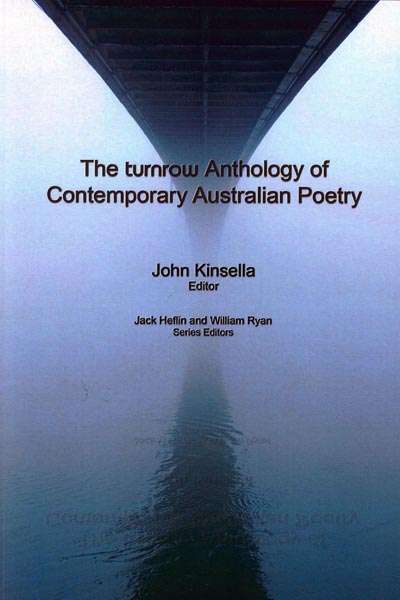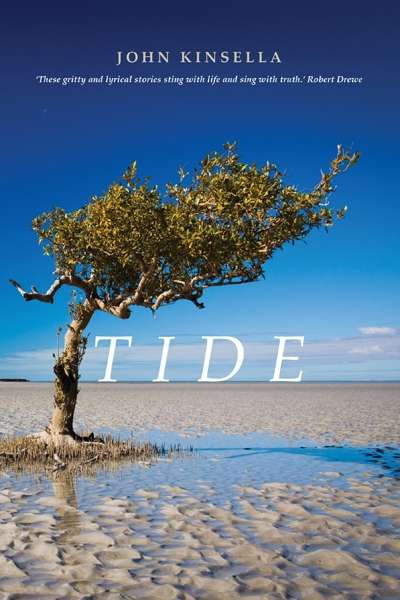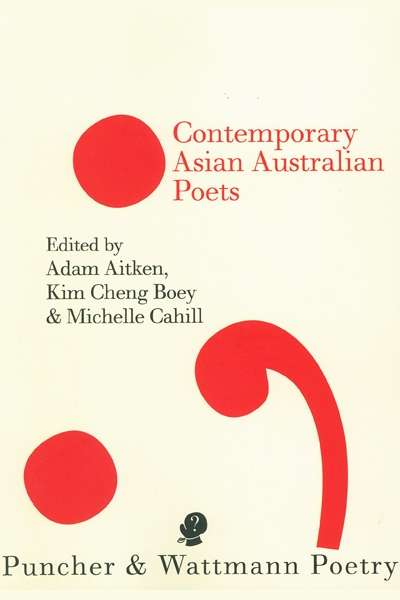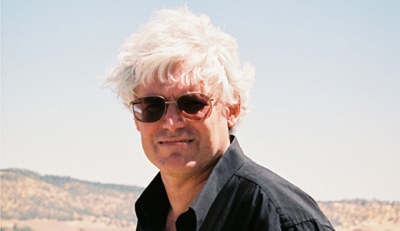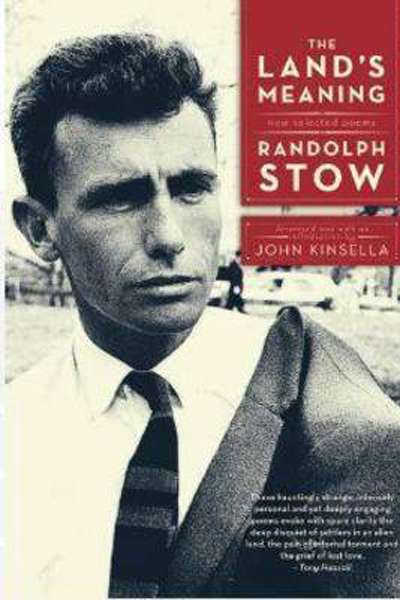John Kinsella
The Turnrow Anthology of Contemporary Australian Poetry edited by John Kinsella
by Peter Kenneally •
How likely is it that the fellas who have
moved onto a place down the loop, who
are bricking their crossover, are named
Comatos and Lacon? That they have
Contemporary Asian Australian Poets edited by Adam Aitken, Kim Cheng Boey, and Michelle Cahill
by John Kinsella •
Writing can bring change. I think of myself as an activist writer. I try to act as witness, and convey and interpret what I see.
... (read more)Searching for his crowd
out of the silence of the cloister,
black robes tousled by the nor’-wester,
first bite of heat caught on the brim

